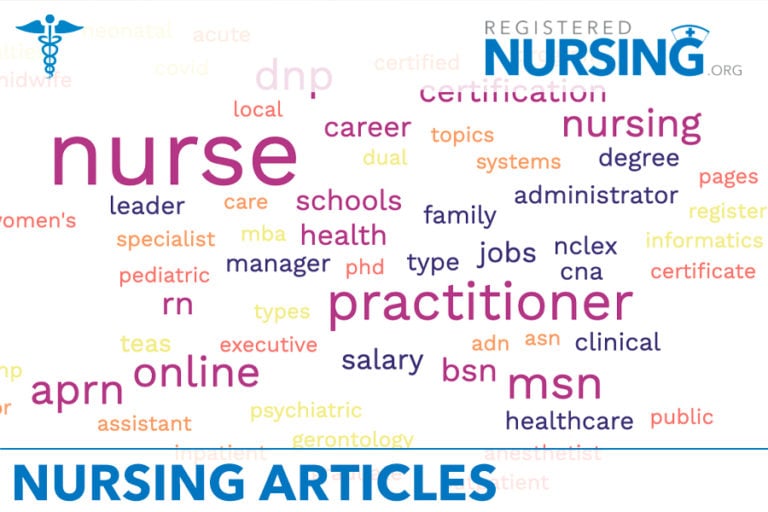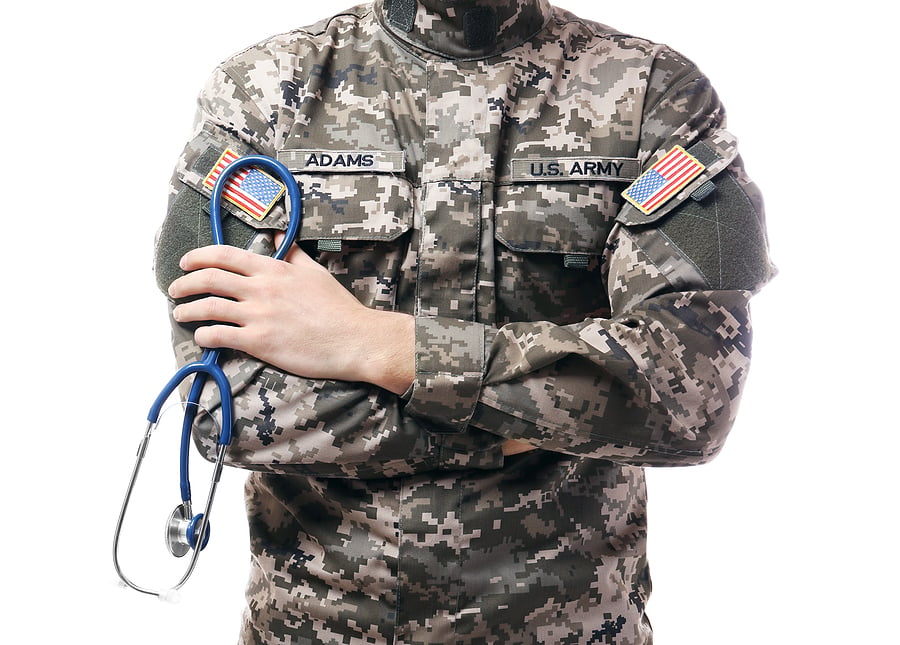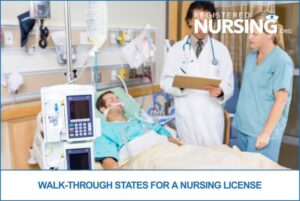Nursing Education Articles & Guides

12 Mins Read14 Jan 26
Ohio faces a critical shortage of mental health providers, with over 80 of the state’s 88 counties designated as Mental…

11 Mins Read13 Jan 26
Tennessee’s aging population is creating unprecedented demand for specialized healthcare providers. With over 1.2 million residents aged 65 and older…

12 Mins Read08 Jan 26
Pennsylvania’s diverse healthcare landscape creates abundant opportunities for Pediatric Nurse Practitioners (PNPs). As the nation’s fifth most populous state, Pennsylvania…

12 Mins Read06 Jan 26
Texas is one of the largest employers of nurse practitioners in the country, and Family Nurse Practitioners (FNPs) play a…

12 Mins Read06 Jan 26
Arizona continues to face a critical shortage of mental health providers, particularly in fast-growing metropolitan areas such as Phoenix and…

11 Mins Read20 Dec 25
Family Nurse Practitioners (FNPs) play a critical role in Louisiana's healthcare system, particularly in primary care, rural health, and underserved…

12 Mins Read03 Dec 25
Massachusetts stands at the forefront of American healthcare innovation, home to world-renowned medical institutions and pioneering nursing education programs. For…

12 Mins Read03 Dec 25
New Jersey’s aging population and position as a healthcare hub create exceptional opportunities for Adult-Gerontology Nurse Practitioners (AGNPs). With the…
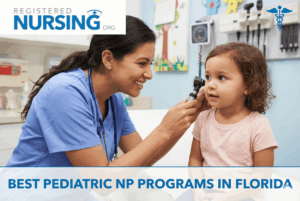
12 Mins Read03 Dec 25
Florida’s growing population and diverse pediatric healthcare needs have created strong demand for qualified Pediatric Nurse Practitioners (PNPs). Whether you’re…

12 Mins Read02 Dec 25
Georgia faces a significant mental health workforce shortage, particularly in rural areas, growing suburban counties, and underserved urban neighborhoods across…

12 Mins Read02 Dec 25
California is one of the most attractive states in the country for Family Nurse Practitioners. With large health systems, expansive…
Nursing Careers & Specialties Articles & Guides

12 Mins Read14 Nov 25
Texas is one of the best states in the nation to pursue a BSN to DNP (Doctor of Nursing Practice)…
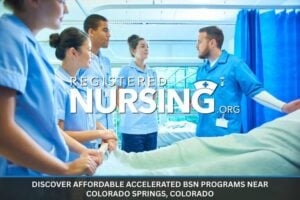
12 Mins Read28 Jul 25
Colorado Springs hugs the eastern slope of Pikes Peak, and its skyline is dotted with healthcare landmarks, such as UCHealth…
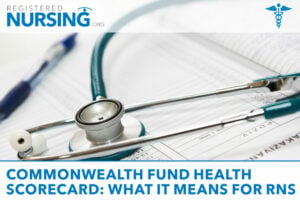
8 Mins Read18 Jul 25
Each year, the Commonwealth Fund releases a detailed Scorecard on State Health System Performance, evaluating how well U.S. states deliver…

11 Mins Read13 Jun 25
Healthcare leadership offers diverse career opportunities, but two roles that often create confusion are nursing administrator and healthcare administrator positions.…

10 Mins Read06 Jun 25
As healthcare continues to evolve, so do the roles nurses play within the system. Advancements in technology, population health needs,…

9 Mins Read16 May 25
In today’s diverse healthcare landscape, the ability to communicate in multiple languages has evolved from a beneficial skill to an…

10 Mins Read05 May 25
The Advanced Practice Registered Nurse (APRN) Consensus Model is a regulatory framework designed to standardize how APRNs are educated, licensed,…

11 Mins Read02 May 25
Registered nurses looking to advance their careers, increase their earning potential, and specialize in areas they’re passionate about often turn…

11 Mins Read01 May 25
Private duty nursing is a growing and in-demand field offering a highly personalized approach to patient care. In 2025, as…

12 Mins Read25 Apr 25
California faces unique healthcare challenges that directly impact which nursing specialties are most critically needed throughout the state. From the…
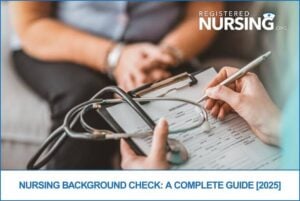
9 Mins Read24 Apr 25
As the demand for qualified nurses continues to grow, so does the emphasis on patient safety, regulatory compliance, and workforce…
Nursing Life Articles & Guides

12 Mins Read19 Nov 25
Internationally educated nurses (IENs) are a vital part of the U.S. healthcare system. With growing nursing shortages and increasing demand…

12 Mins Read18 Nov 25
Choosing the right nursing program is one of the most important decisions prospective RNs make, and the NCLEX-RN exam pass…

8 Mins Read18 Jul 25
Each year, the Commonwealth Fund releases a detailed Scorecard on State Health System Performance, evaluating how well U.S. states deliver…

10 Mins Read05 May 25
The Advanced Practice Registered Nurse (APRN) Consensus Model is a regulatory framework designed to standardize how APRNs are educated, licensed,…

11 Mins Read30 Apr 25
Working from home isn't just for tech professionals—nurses now have expanding opportunities to bring their clinical expertise into home-based roles.…

9 Mins Read24 Apr 25
As the demand for qualified nurses continues to grow, so does the emphasis on patient safety, regulatory compliance, and workforce…
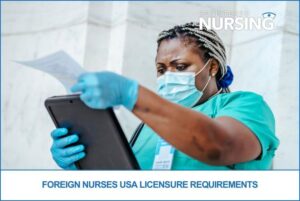
12 Mins Read31 Mar 25
The United States continues to face a nationwide nursing shortage, and internationally educated nurses are helping bridge the gap. For…

8 Mins Read25 Feb 25
Retirement from nursing doesn't mean the end of professional fulfillment. Many retired registered nurses (RNs) find that they still have…

12 Mins Read03 Jan 24
What Is a Travel Nurse? A travel nurse is a registered nurse (RN) who accepts temporary assignments—usually lasting a few…

5 Mins Read29 Sep 23
After many opportunities and encouragement from your leadership team, you have decided to plunge into nursing leadership. Whether your first…

5 Mins Read19 Sep 23
The 24/7, 365 care delivery model is a reality for many nurse leaders. That's why I like to say that…
Nursing Articles & Guides Archives
2022 Articles
- NP, DNP, and Ph.D. in Nursing: How High-Level Nursing Salaries Compare to MD Salaries [Updated 2026]

